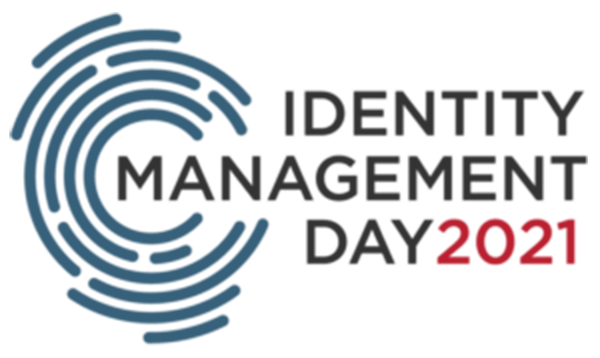
The first annual Identity Management Day falls on Tuesday, April 13. Its purpose is to remind people about the importance of properly managing and securing their online identity.
What once was considered a “normal way of life” was turned topsy-turvy as a result of COVID-19. When workplaces and schools closed down, parents and kids stayed home all day. As a result, the home Internet became the primary connection to the outside world.
People working from home required an Internet connection that would support daily online activities such as meetings, conference calls and/or webinars. Kids needed to be online to attend classes. Since retail outlets and entertainment venues were closed or had limited hours, many people spent even more time online shopping or watching movies, shows, etc. And of course, the best way to meet with relatives and friends is through Facetime, video conferencing and/or social media.
The increased amount of time you spend online also increases your risk of identity theft. The Federal Trade Commission (FTC) reports that identity theft was up 113% compared to 2019. Nearly 1.4-million Americans fell victim to identity theft at a cost of over $3.3-billion.
How can you steer clear of becoming another statistic of identity theft? Just follow these tips to help you properly manage your identity.
What Is Your Online Identity?
The fact is every single person has an online identity. An online identity can be anything from a social media profile or a forum account to a video game character or even a shopping cart. It’s any bit of information—no matter how small—that someone can find about you on the Internet.
Most people share information on their social media accounts, via search apps and devices like Siri and Alexa. The companies that manage these applications routinely save and analyze this information. However, identity thieves can also find this information and use it to their advantage.
Do you follow any celebrities on Instagram? If so, identity thieves can use that knowledge to impersonate that celebrity and target you with a phishing scam. Did you play that game on Facebook where you post the #1 song the year you were born? If so, you just shared your age.
Be Wary of Scams via Email, Text & Phone Calls
With an abundance of information about a person available online, phishing email, text messages and phone scams can be tailored so they are more believable to the recipient.
Scammers can impersonate an individual to claim economic impact payments or tax refunds, or steal or file unemployment claims. They can also attempt to convince people to pay a fee to prevent ruining their credit scores or reputations.
An easy way to identify a scam is to ask yourself these questions:
- Is the sender rushing me into action?
- Does the message come from a person or organization I know?
- Does the message contain poor spelling and/or grammar?
- Is the offer too good to be true?
- Am I expecting a package delivery or invoice?
- Do I have to send money to get money?
Common Types of Identity Theft
So how do identity thieves use your personal information to their advantage? Based on the information they successfully accessed, here are some of the most common types of identity theft:
- Financial: Your personal information is used to obtain a credit card or loan, or to purchase items under your name. Strengthen your defense against financial identity theft by checking your credit report at least twice a year.
- Medical: Your personal information is used to obtain medical care, prescriptions or insurance. If you receive notice of new insurance or unexpected bills, investigate immediately. Your COVID-19 vaccination record card is another means of identification. Don’t post a picture of it on the Internet. Anyone with access to this image may use it where proof of vaccination is required.
- Identity cloning: Your pictures and other information are used to create an online presence that hides the scammer’s identity. Your friends on social media may believe you are sharing the information—when in fact it is not. By responding to pictures or posts, your friends can fall victim to identity theft as well.
Today, avoiding the online world is virtually impossible—as many jobs and schools and universities are still maintaining online environments until COVID-19 safety precautions are relaxed. Understanding and properly managing your online identity and protecting your privacy are good places to start.
More tips about protecting your online identity are available at https://www.usa.gov/identity-theft.